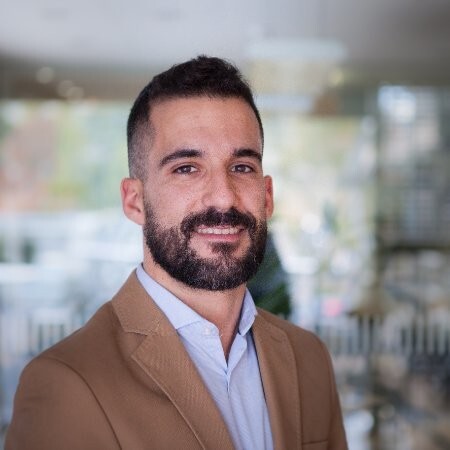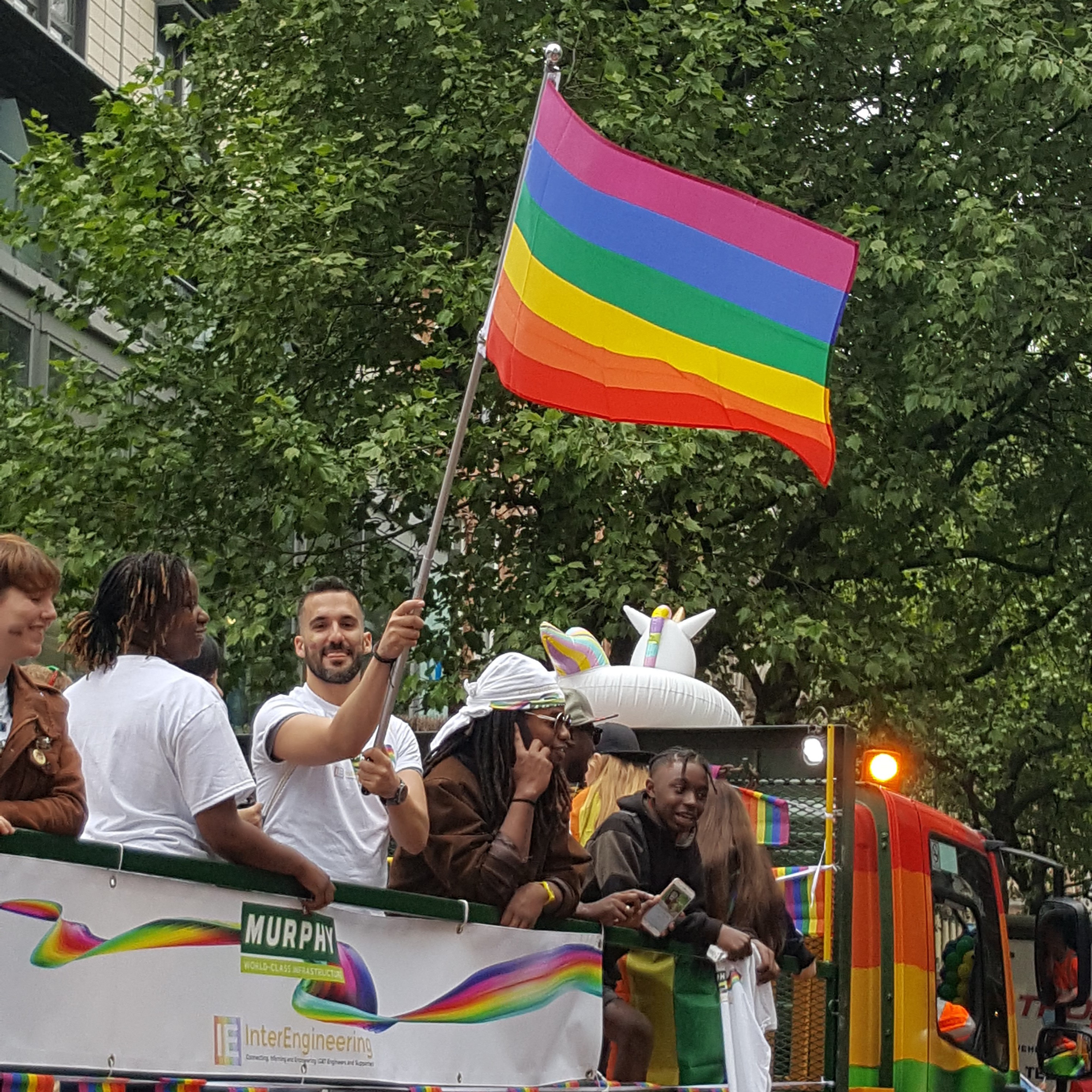

Ramon Agudo-Porras explains the importance of allyship, visible role models in the industry, and setting a good example.
Join other savvy professionals just like you at CIHT. We are committed to fulfilling your professional development needs throughout your career
Words / Ramon Agudo-Porras, principal highways engineer for Arup and regional Equality, Diversity and Inclusion (EDI) officer for CIHT West Midlands.
I wasn’t born in the UK and grew up in Spain, although I am a dual national now. I’d always been a good student, but when I finished my A-levels there wasn’t a degree that covered a broad range of subjects. Civil engineering offered that versatility – you can work in highways, transport planning, and you can truly see how your work transforms people's lives, providing connectivity to communities, influencing sustainability and having an impact on the environment. That’s really powerful.
I came to the UK in 2013 with just a suitcase and I have built a wholesome life from scratch, with plenty of friends and a lovely partner. There’s definitely more respect here than in Spain for what we do as civil engineers, and individual well-being is more important. In the UK, we’re still on the EDI journey and everything isn’t perfect, but there is a big difference. I came out as a gay man three months after I moved to the UK, and I’ve found there is a lot more freedom to express yourself here.
Role model
I first began to take an active role in EDI issues in the industry when I joined Arup in 2016. Engineering has a lot of macho cultures and preconceptions, and I wanted to serve as a role model to be the change from the inside. I would have liked to see someone like that back when I was in the closet; someone who would have been a positive example I could relate to.
When I joined the CIHT committee, I saw there wasn’t an EDI role and was happy to volunteer. The reason why I shifted from being an LGBTQ+ role model to a broader EDI approach was to walk the walk on 360-degree inclusivity. I just want to provide a platform to people who didn’t feel they had one before.
EDI feels more relevant when it touches people personally. For example, if you have a sibling that's LGBTQ or a friend that’s a person from an ethnic minority, that’s when most people realise there is work to do in EDI. But if you’re from a mainstream group, you won’t necessarily always see this and it's important to break those barriers. I would say that allyship is key for EDI– everyone is part of this EDI journey we are in.
Being a good ally
There’s a lot of focus on gender in the industry, which is an important part of EDI, but we also need to talk about intersectionality: how gender, sexuality, ethnicity (and others) overlap to affect how people experience discrimination. EDI is an umbrella concept. We have awareness days and events that celebrate specific EDI aspects, but I want to demonstrate that EDI should not be looked at in silos but as a whole life approach.
Allyship is key to getting people more involved and this is one of my main focuses as CIHT West Midlands committee EDI officer. With the support of our chair and the rest of the committee, I will continue to organise events that cover the whole spectrum of EDI, showing special support to the trans community and ethnic minorities.
>>> Register for CIHT e-learning course on Allyship
>>> Find out more about the CIHT EDI Charter


Join other savvy professionals just like you at CIHT. We are committed to fulfilling your professional development needs throughout your career
Sign up to the APM Newsletter.

{{item.AuthorName}} {{item.AuthorName}} says on {{item.DateFormattedString}}: